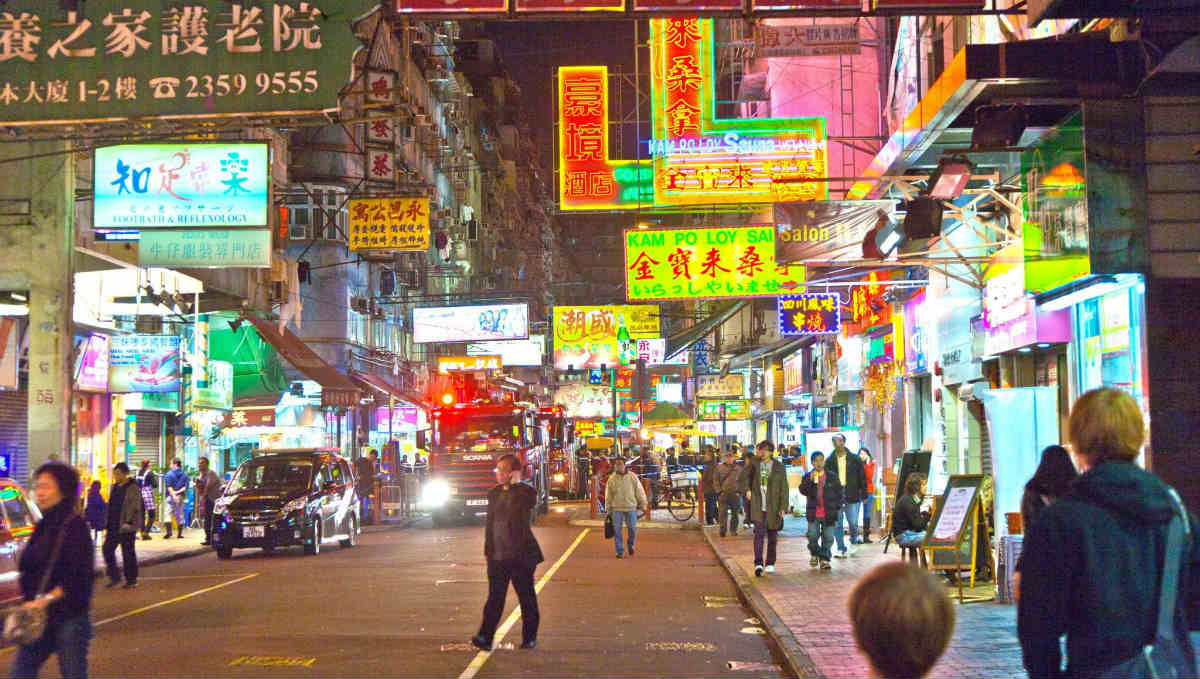
Does Asia have a distinctive bioethics?
Families are much more important
The Western concept of autonomy, which dominates in the Anglo-American world at the moment, needs to be adapted in Asia to take account of local cultures.
In a very interesting article in The New Bioethics, Mark Tan Kiak Min, Principal Assistant Director at the Medical Legislation and Globalization branch of the Ministry of Health Malaysia, argues that there is one feature which shared by the complex diversity of Asian cultures: the importance of the family.
“Within a concept quite alien to the West, the individual is regarded as a smaller self within a larger self, where the well-being of the whole family is considered when making a decision and where familial autonomy becomes more important than individual autonomy … for most Asians, family-sovereignty is placed before self-sovereignty and autonomy becomes collective rather than individualistic …
“Asians continue to pursue a holistic happiness involving the welfare of the family and community — a stark contrast to the Western concept of individualistic happiness.”
This has very practical consequences in clinical settings:
Breaking bad news: physicians tend to discuss bad news first with the family and then with the patient. Although this may result in the patient being excluded from healthcare decisions, most patients are happy with this arrangement.
Withholding a diagnosis: if families decide that a bad news should be withheld, doctors normally honour this request.
The scope of informed consent. In Western countries, consent is deemed to be “informed” if patients have signed all the forms (many of which they do not understand). In Asia, it is not informed until the family agrees. For example, in a recent case, the Malaysian High Court ruled that a husband's consent is required if his wife has a hysterectomy.
End-of-life care: “in many other Asian countries, children often feel duty-bound to keep their parents alive and provide them with the best possible care available, regardless of the chances of survival or the immense cost that will be incurred.” This means that ill parents remain hooked up to medical machinery and die in hospital instead of at home.
Physician-assisted suicide and euthanasia: these concepts are alien to Asian cultures. “It appears incomprehensible that a discussion on a planned death will be able to take place in Asian culture where the mere discussion surrounding a natural death is already considered taboo in the first place.”
Creative commons
https://www.bioedge.org/images/2008images/FB_Hong-Kong-streets.jpg
asian values
autonomy
bioethics
- How long can you put off seeing the doctor because of lockdowns? - December 3, 2021
- House of Lords debates assisted suicide—again - October 28, 2021
- Spanish government tries to restrict conscientious objection - October 28, 2021
